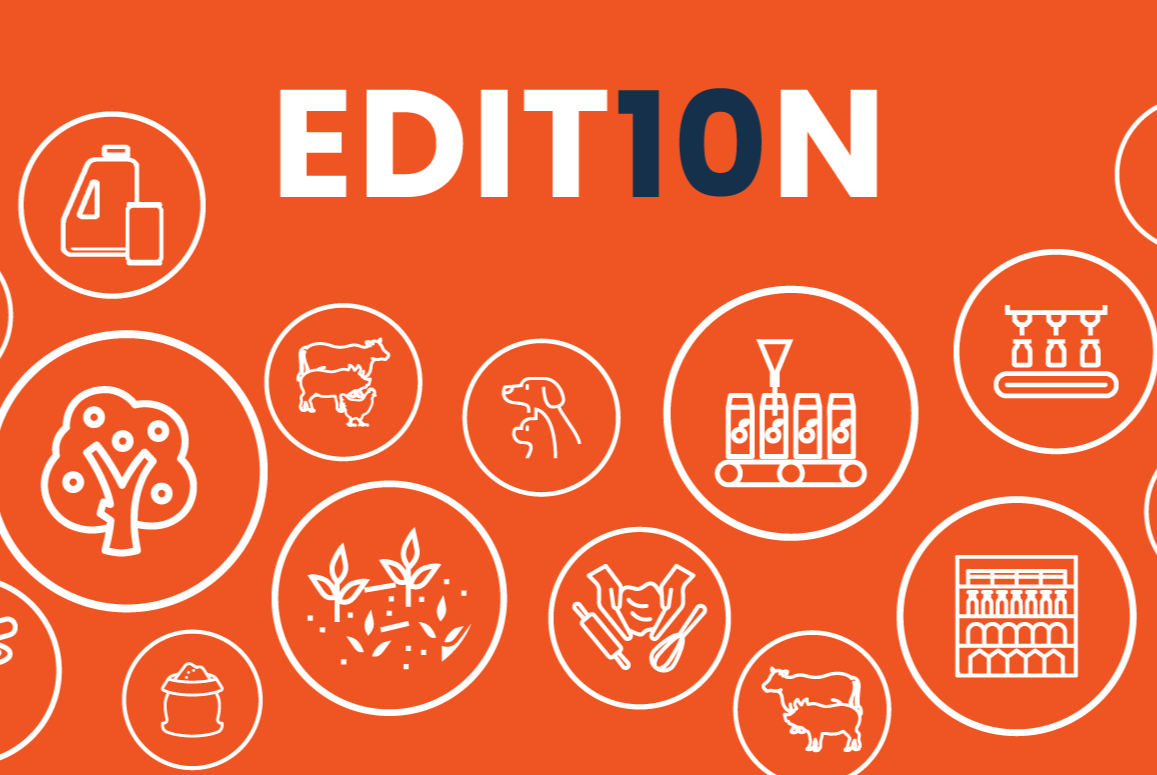Private: Improving the Allocation and Consistency of COVID-19 Vaccines to Frontline Food Auditors
By LeAnn Chuboff, VP of Technical Affairs

In order to keep the food supply chain running and Americans nourished during the ongoing COVID-19 health crisis, the federal government designated the food and agriculture sector as part of the nation’s critical infrastructure via the U.S. Department of Homeland Security’s Guidance on the Essential Critical Infrastructure Workforce. The Advisory Committee on Immunization Practices (ACIP) recently recommended to include food and agriculture essential workers in Phase 1b of the COVID-19 vaccination effort, and today, FMI and SQFI participated in a virtual, public meeting to urge Centers for Disease Control and Prevention and ACIP to improve allocation and consistency of COVID-19 vaccinations.
The food industry relies on our program to ensure food, beverages, and packaged goods are safe for consumer consumption, and to make sure the environments these goods are manufactured in are safe for production. But our industry is struggling to access vaccines and protect the very foundation of our food supply.
I urged in my comments that states and immunization jurisdictions prioritize frontline food safety auditors, who are part of food safety auditing networks such as SQFI, in phase 1b of the COVID-19 vaccination effort along with other food and agriculture industry essential workers. I noted that our workforce is strained and we’re experiencing significant disruption in food safety audits due to state travel restrictions and COVID-19 policies.
The continued operation of the food and agriculture industry is indispensable to the health and wellness of the American people during this emergency and food safety auditors are vital components of these essential critical infrastructure industries. We will continue to advocate that our community is top of mind – and in line – for vaccines once adequate supply becomes available.
Recent Blog Posts
With Edition 10 audits arriving as early as Jan. 2, 2027, sites that start closing gaps today will walk into their audit with far more confidence than those scrambling at the end of 2026.
SQF Food Safety Code Edition 10 is now available, and it marks more than a routine update to the Code.
As we move toward the launch of SQF Edition 10 in early March, one message is clear. Food safety is no longer evaluated only through programs, procedures, and records.




